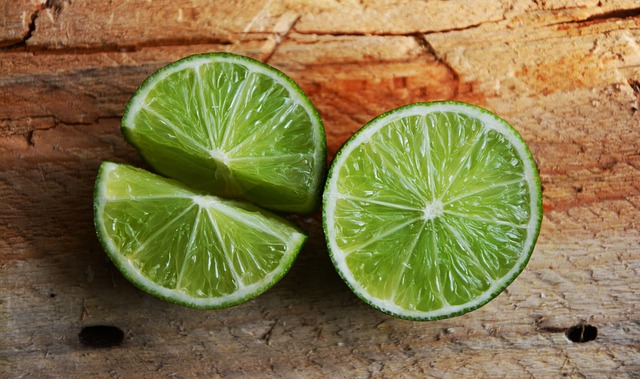Unleashing the Power of Probiotics: A Guide to Boosting Your Gut Health
Probiotics, the friendly bacteria that live in your gut, have been gaining a lot of attention lately for their potential health benefits. These beneficial microorganisms can help improve digestion, boost the immune system, and even enhance mental health. If you’re looking to optimize your gut health, incorporating probiotics into your daily routine is a smart move.
What are Probiotics?
Probiotics are live bacteria and yeasts that are good for your health, especially your digestive system. They are naturally found in your body, but you can also consume them through certain foods or supplements. These beneficial bacteria help maintain the natural balance of organisms in your intestines, promoting a healthy gut environment.
The Benefits of Probiotics
1. Improved Digestion: Probiotics play a crucial role in breaking down food and absorbing nutrients. They can help alleviate common digestive problems such as bloating, constipation, and diarrhea. Probiotics may also improve conditions like irritable bowel syndrome (IBS) and inflammatory bowel disease (IBD).
2. Enhanced Immune Function: Did you know that approximately 70% of your immune system resides in your gut? Probiotics help strengthen the immune system by promoting the growth of beneficial bacteria, which in turn helps prevent the overgrowth of harmful bacteria. By maintaining a healthy gut flora, probiotics can bolster your body’s defense against infections and diseases.
3. Mental Well-being: The gut and brain are directly connected through a complex network known as the gut-brain axis. Research suggests that probiotics can positively impact mental health by reducing symptoms of anxiety, depression, and stress. These friendly bacteria produce neurotransmitters like serotonin, which plays a key role in mood regulation.
4. Weight Management: Some studies have shown a potential link between gut bacteria and weight regulation. Certain strains of probiotics may help reduce body weight and belly fat by influencing the appetite-regulating hormones. Although more research is needed in this area, incorporating probiotics as part of a balanced diet and exercise routine may support weight management efforts.
How to Incorporate Probiotics into Your Diet
1. Yogurt: Yogurt is one of the most well-known dietary sources of probiotics. Look for yogurt that contains active or live cultures, such as Lactobacillus or Bifidobacterium. Avoid highly processed varieties that are loaded with added sugars. Instead, opt for plain yogurt and sweeten it with fresh fruits or a drizzle of honey.
2. Kefir: Similar to yogurt, kefir is a fermented dairy product that is rich in probiotics. It is made by fermenting milk with kefir grains, which are a combination of bacteria and yeast. Kefir has a tangy taste and can be enjoyed on its own or added to smoothies for a probiotic boost.
3. Sauerkraut: Sauerkraut is finely shredded cabbage that is fermented by lactic acid bacteria. It is a good source of probiotics and contains beneficial enzymes that aid digestion. Include sauerkraut as a topping for sandwiches or enjoy it as a side dish to complement your meals.
4. Kimchi: Kimchi is a traditional Korean side dish made from fermented vegetables, such as cabbage and radishes, seasoned with spices. It is not only flavorful but also packed with probiotics and essential vitamins. Try adding kimchi to stir-fries, rice bowls, or as a condiment with grilled meats.
5. Supplements: If you find it challenging to incorporate enough probiotic-rich foods into your diet, supplements can be a convenient option. Look for high-quality supplements that contain a variety of probiotic strains and follow the recommended dosage instructions.
The Importance of Prebiotics
Probiotics work hand in hand with prebiotics, which are dietary fibers that nourish and stimulate the growth of beneficial bacteria in the gut. While probiotics introduce good bacteria into your gut, prebiotics act as “food” for these bacteria, promoting their survival and proliferation. Sources of prebiotics include onions, garlic, bananas, oats, and legumes.
Conclusion
Incorporating probiotics into your daily routine can have a profound impact on your gut health, digestion, immune







